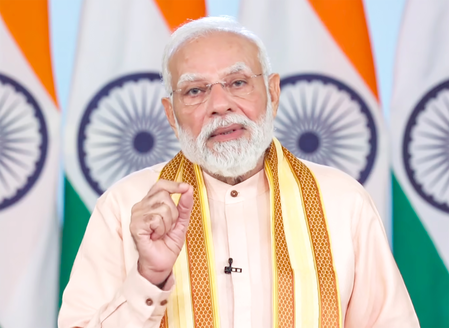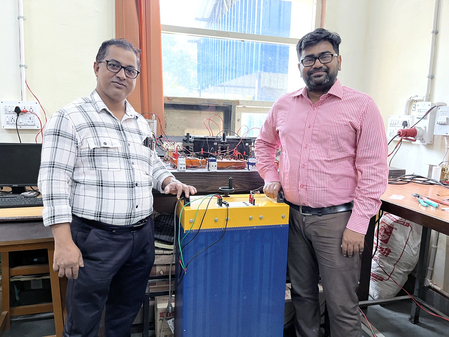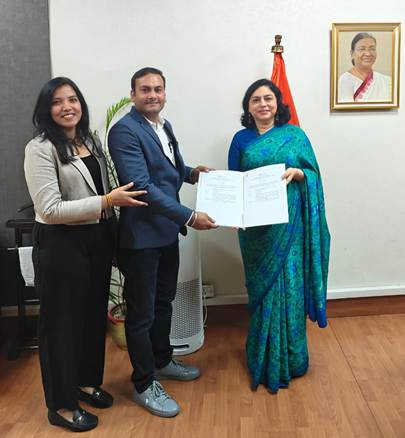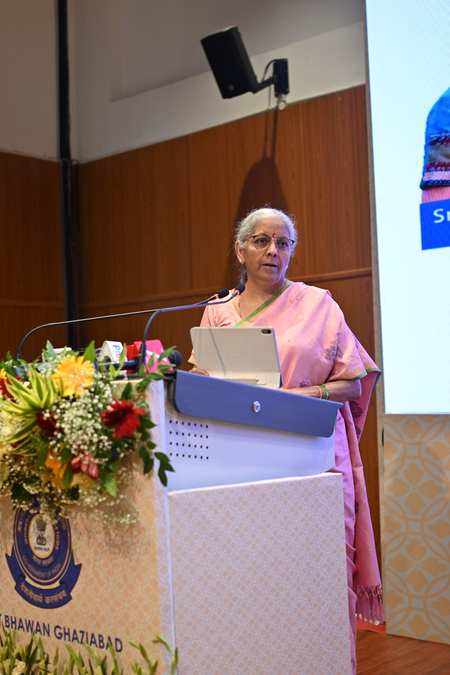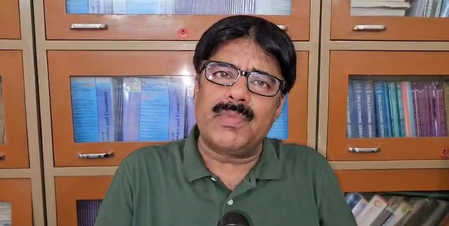
Varanasi, Sep 3 (IANS) As the 56th GST Council meeting, chaired by Union Finance Minister Nirmala Sitharaman, began in New Delhi, Professor Anoop Kumar Mishra, Head of the Economics Department at Varanasi’s DAV College (affiliated to BHU) on Wednesday said that the government is attempting to use the domestic market to cushion the impact of global tariff wars on Indian exporters.
“Today’s meeting can be seen from two perspectives. First, the tariff war initiated by US President Donald Trump. Because of this, Indian exporters are facing difficulties. When our products go abroad, nearly 50 per cent additional duty is imposed on them,” Professor Mishra told IANS.
The two-day Council meeting, scheduled for September 3-4, is expected to discuss rate rationalisation. Proposals on the table include eliminating the 12 per cent and 28 per cent GST slabs and moving towards a simplified structure of 5 per cent and 18 per cent, along with a 40 per cent slab for so-called “sin goods”.
Mishra highlighted the second key context for the meeting – India’s approaching festive season.
“This 56th meeting is taking place just before festivals, when consumer demand traditionally rises. The government is trying to ensure that the losses exporters face from global tariffs can be compensated through the internal market. This is India’s answer to the tariff war,” he added.
He linked the strategy to the government’s push for ‘Vocal for Local.’
“India is promoting indigenous products. The Prime Minister has consistently stressed that self-reliance will come from strengthening local industries. The GST decisions under consideration aim to support that vision,” he said.
Mishra added that rationalising GST could boost consumption and simultaneously support government revenue.
“With festivals approaching, consumer numbers will increase. Lower GST rates will make goods cheaper, encouraging demand. When demand rises, government revenue also deepens. It becomes a win-win situation for both consumers and the state. These decisions will be historic,” he added.
He also underlined the benefits for those unable to export their products abroad due to high tariffs.
“Such producers will now find opportunities in the domestic market. This will generate revenue, benefit consumers with lower prices, and allow exporters to reduce their losses. Everyone gains,” he told IANS.
The GST Council meeting brings together the Union and state Finance Ministers with the agenda of structural reforms in GST, including rate changes, simplifying compliance, and exploring new compensation mechanisms for states. A preparatory officers’ meeting was held on Tuesday to lay the groundwork for the key discussions.
–IANS
jk/vd

